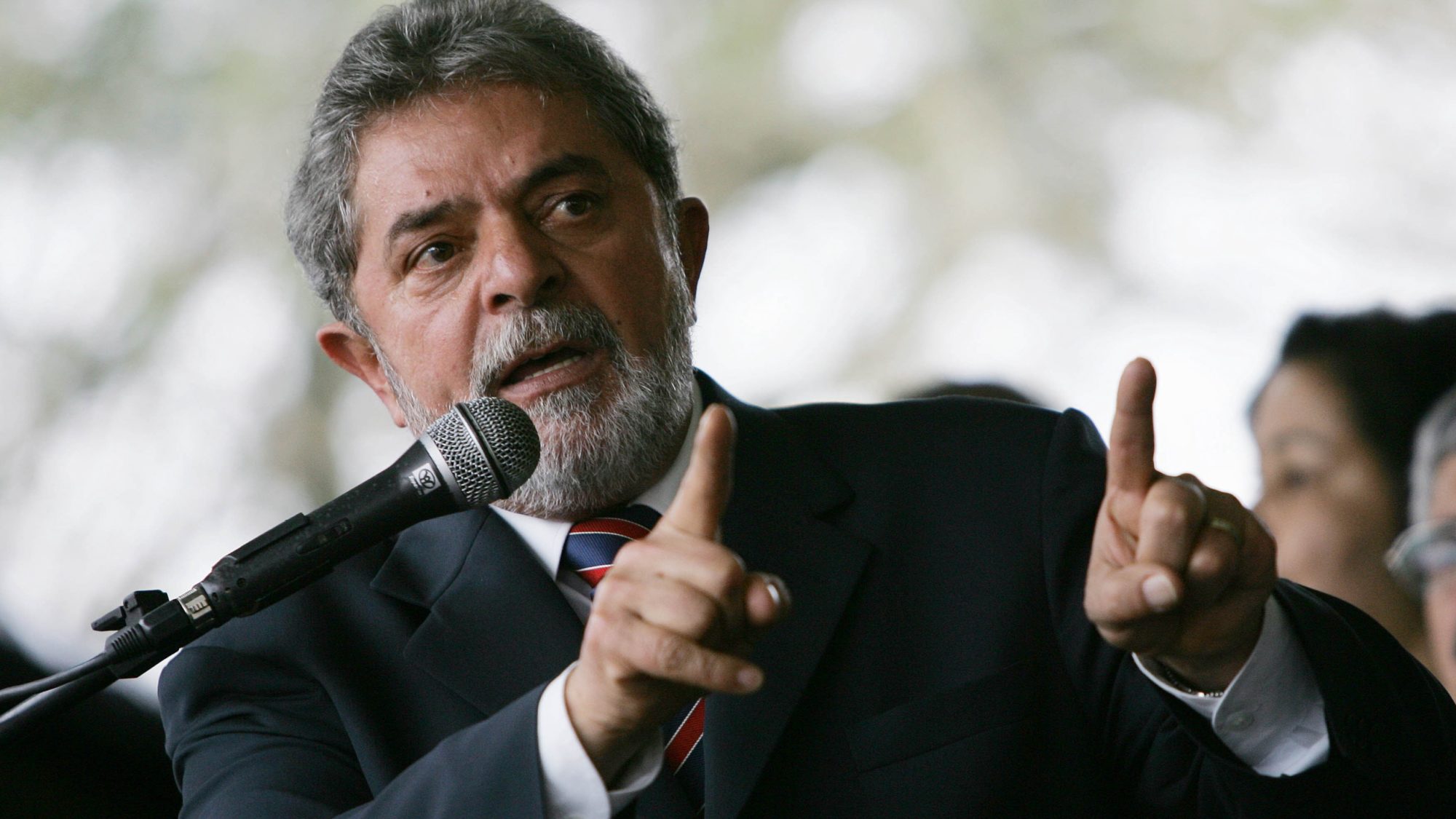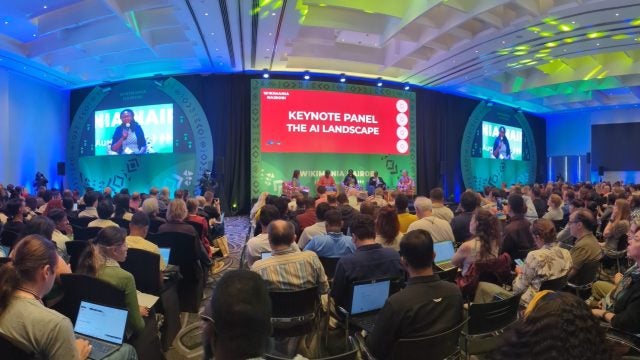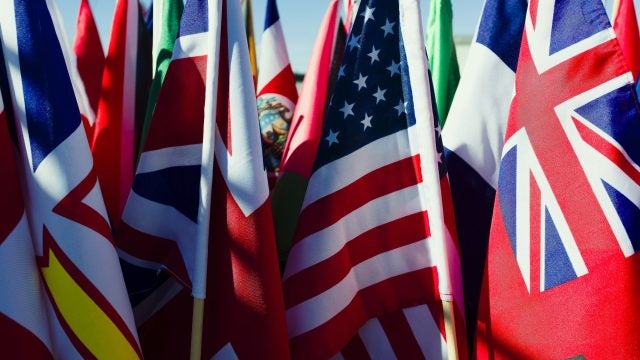
Title: Institutional Uncertainty and Political Polarization Mark Brazil’s Upcoming Presidential Election
Just a few months short of the presidential election in Brazil, one would find few political analysts, if any, willing to go on the record with a prediction for the winning candidate. Part of the problem in forecasting this election is that its leading candidate, 72 year-old former president Luiz Inácio ‘Lula’ da Silva (2003 – 2011), has been in prison since early April, serving a 12-year sentence for corruption and money laundering. Lula’s main challenger, retired army captain Jair Bolsonaro, 63, from the far-right Social Liberal Party (PSL), polls either first or second nationally, depending on whether Lula’s name appears in the questionnaire. Lula beats Bolsonaro in all electoral polls where he is included. Thus, ideological polarization and judicial battles to free an imprisoned leading presidential candidate have made Brazil’s 2018 presidential election the most contested in the country’s history. The candidates’ abilities to foster cross-party alliances through their vice-presidential selections may be the most telling indicator of electoral success in October.
Having a leading presidential candidate incarcerated for a common crime is a first even for Brazil, the world’s fourth largest democracy by population and a nation that has been shaken by corruption scandals for over a decade. Lula, who is still very much in control of the leftist Workers’ Party (PT) from prison, has been exhausting all legal means to place his name on the ballot by the first round of the country’s elections on October 7. What prevents Lula’s electoral eligibility is the Lei da Ficha Limpa (Clean Record Act) – which he signed as president in 2010 – that debars convicted criminals from seeking electoral office.
To make matters worse, this year’s poorly-designed electoral calendar, with the shortest election season in the country’s history, adds a layer of uncertainty to the presidential race. The Superior Electoral Court has just two and a half weeks, from August 31st – the kick off date of the electoral season when free political campaign ads begin running on traditional media – to September 17th to review and formalize party registrations. That is just 20 days before over 147 million Brazilians cast their votes.
These dates are important because, although the probability of Lula leading the PT presidential ticket is extremely low, it is not impossible. Article 26C of the Clean Record Act stresses that political candidates who had been otherwise ineligible to run under the Act would be able to regain their eligibility if his or her criminal conviction were revoked in an appeals court. So far, Lula’s convictions have been upheld by two lower courts. However, the Brazilian constitution allows up to four levels of appeals, with the Supreme Federal Court as Lula’s last hope for freedom and restoration of political rights.
It just so happens that Supreme Court Justice José Antonio Dias Toffoli, who many consider to be a PT protégé, is set to become the next Chief Justice of the Supreme Federal Court on September 12. Dias Toffoli will then be better positioned to sway the tribunal in Lula’s favor, in the event that the former president and his legal team bring his appeal case to that forum. If Lula’s conviction were repealed, he would be immediately eligible to run for presidency, as the Clean Record Act states. Although not impossible, it would take an extraordinary legal effort to deliver Lula from jail, making his chance of featuring on the ballot very slim.
So, what can we expect in an election without Lula? To whom are Lula’s votes likely to be transferred? The latest national survey by XP/IPESPE, from early August, presents voters four different campaign scenarios, three of which exclude Lula from the ballot.
In every scenario in which Lula is not a candidate, about a third of voters state that they would rather nullify their votes (branco/nulo) than vote for someone else.[1] Vote transfers to Bolsonaro, and even to the more centrist candidates, such as Marina Silva of the Sustainability Network (REDE), Geraldo Alckmin of the Brazilian Social Democracy Party (PSDB), and Ciro Gomes of the Democratic Labor Party (PDT), are marginal in the scenarios in which Lula does not run. An additional idiosyncrasy of this year’s presidential election is the very high rejection rate among voters. No candidate seems to escape Brazilians’ ire against their politicians. A national survey published by Jornal Folha de São Paulo last June, points to high rejection rates against each of the top candidates. Lula’s rejection rate rests at 36%, Bolsonaro 32%, Alkmin 27%, Marina 24%, and Ciro Gomes 23%.
In light of the peculiarities of the upcoming election, who is most likely to overcome such a dire electoral landscape? Perhaps the answer is to consider the candidates’ ability to forge cross-party alliances through their vice-presidential candidate selections. In this respect, both Lula and Bolsonaro perform very poorly. The PT, for example, has gained support only from small parties on the far left. As a result, the PT has devised two different strategies for this election. Plan A is to present a ticket formed by Lula and Fernando Haddad, a former mayor of the City of São Paulo (2013 – 2017) and also a petista – a person who supports or is affiliated to the Brazilian Workers’ Party.The party’s plan B, in a ballot without Lula, has Fernando Haddad heading the ticket with Manuela d’Ávila as his vice candidate. D’Ávila is a 36-year old journalist who was until recently the presidential candidate for Brazil’s Communist Party (PC do B). It is unlikely that either Fernando Haddad or Manuela d’Ávila will bring significant number of votes on their own.
Similarly, Bolsonaro was unable to attract a vice-presidential candidate who would add votes to his campaign. In many ways, his choice for vice-president, retired army general Antônio Hamilton Mourão, 64, of the inexpressive Brazilian Labor Renewal Party (PRTB), is more likely to hurt than help. For example, Bolsonaro’s recent efforts to soften his public image and explain some of his past controversial statements, in a clear move to reach out to Brazil’s median voter, might now be at risk. His vice-presidential pick fails to alleviate concerns held by many that Bolsonaro would elevate the military’s influence over the government, an idea which plays well to his electoral base, often nostalgic of the perceived “law and order” during the country’s twenty-one years of military dictatorship. Additionally, General Mourão has barely entered the electoral campaign and has already been embroiled in controversy for offending Brazilian blacks and indigenous populations during a recent event.
The only presidential candidate that seems to have enhanced his electoral chances by his choice for vice candidate is Geraldo Alckmin, 65, of the Brazilian Social Democracy Party (PSDB). Alckmin selected senator Ana Amélia Lemos, 75, of Progressist Party (PP), whose lively personality and reputation as a competent legislator will possibly provide a boost to Alckmin, who is frequently seen as dull and boring. A rare qualification these days, Senator Ana Amélia is also one of the very few congress members praised for her integrity, including by businessmen involved in political corruption scandals. A major supporter of the Lava-Jato (Car Wash) Investigations, senator Ana Amélia might perhaps be the much-needed breakthrough factor to Alckmin’s candidacy, which until recently was pretty much considered irrelevant.
Despite the uncertainty about Lula’s judicial battles to escape prison and regain his political rights and the candidates’ general challenges in crafting political alliances, there is one thing both politicians and pundits seem to agree. No candidate will obtain the majority of the votes on October 7, and Brazil’s presidential election will be defined only on October 28, when the second round of votes is scheduled to happen.
Notes
[1] Voting in Brazil is obligatory, thus the large number of protest votes, where ballots are left either blank or nullified.
. . .
Monica Arruda de Almeida is an adjunct professor at the Center for Latin American Studies (CLAS) at Georgetown University. Her research focus is on illicit economies, with an emphasis on anti-money laundering efforts, and she teaches courses on international political economy and governance in Latin America.
More News

This article compares U.S. and Chinese approaches to artificial intelligence (AI) exports in Africa and examines how these disparate approaches have produced both downstream benefits and challenges for the region.

On May 20, 2025, the World Health Assembly unanimously adopted the World Health Organization (WHO) Pandemic Agreement, an international treaty designed to strengthen pandemic prevention, preparedness, and…

As the Trump administration proposes a sweeping overhaul of the US foreign assistance architecture by dismantling USAID, the Millennium Challenge Corporation (MCC), and restructuring the State Department, there is an…